Forethought: The next job
Back in September 1999, I wrote my first editorial for the Industrial Fabric Products Review. At the time, I described myself this way:
“I’m a rabid science fiction fan and a relentless afficionado of robust red wines, and I have no children, no pets, six slowly petrifying house plants, and only a fading hope that I will ever actually meet David Duchovny.”
A few years ago, I noted that nothing much had changed, except that I now had only one slowly petrifying house plant.
Earlier this week, I watched the final episode of an “X-Files” revival, and as I watched Mulder and Scully gazing up at a bright light in the sky as the credits started to roll, I looked over at my struggling spider plant (yes, a direct descendant of that earlier one) and realized that I still hadn’t met David Duchovny … but that, after sober reflection, at this point I’d really rather meet Hugh Laurie. If I let the spider plant reach its natural conclusion, I’ll have changed 33.33 percent of that list of qualifications—in just 16 years.
Yesterday, we were graced with a visit from Katie Bradford, MFC, IFM, owner of Custom Marine Canvas in Noank, Conn., and chair of the ATA board of directors. The editors grabbed the chance to sit and talk with her about membership, magazines, industry trends and forecasts, and she talked about the way her shop is dealing with some of these major changes, especially online and inshop expertise. It’s getting harder to find the “9 to 5” dedication among younger people entering the job market; Millennials reportedly are the “gigs” generation, and not interested in, or perhaps just not expecting, long-term full-time jobs with benefits.
In our 100th anniversary issue last November, difficulty finding skilled (or trainable) employees was one of the main issues we’ve covered in the Review over the decades, although it changed with demographic trends, technology and whatever wars were current. But now I think we’re facing a true paradigm shift in the nature of employment. Currently, most part-time or contract employees do not receive benefits (health insurance, etc.) from their employers. If a business can’t offer good benefits to offset what may not be top wages—what will be the incentive to work at that company?
Most small-business experts don’t seem to be talking about manufacturers of custom products. I did just read an article in Small Business Trends about the success of Etsy, with its 1.6 million active sellers. Etsy is working on tools to help sellers succeed in other channels; it has even launched “Etsy Manufacturing” to help sellers find production partners. That’s a major departure, but also a road to mass production. The situation isn’t exactly analogous to specialty fabrics manufacturers—but it does promote the idea of cooperation as a means to survival, and success.
The next job may well be impossible to predict. Still, I’m going to invite both Mr. Duchovny and Mr. Laurie to visit IFAI Expo this fall. There’s still some virtue in consistency.










